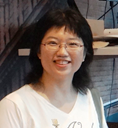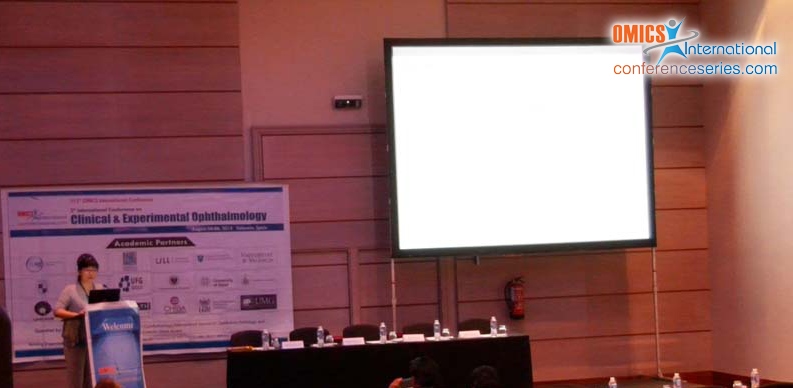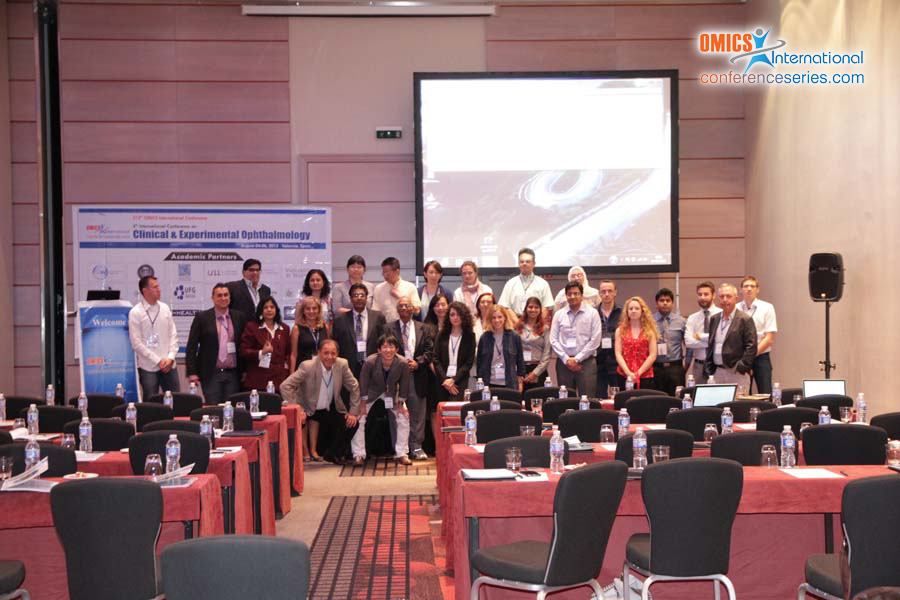
Hong-Wei Deng
Shenzhen Eye Hospital
China
Title: Experimental study on myopia control of bilberry anthocyanins
Biography
Biography: Hong-Wei Deng
Abstract
Objective: To investigate effects of bilberry anthocyanin on form-deprivation myopia in guinea pigs and its mechanism. Method: A total of 30 3-week old healthy guinea pigs were randomly assigned to groups A, B and C with ten (10) in each group. The guinea pigs in group A were given bilberry anthocyanin and in group B were given medication after their eyes had been covered for 14 days. In group C were given normal saline. At Days 1, 14 and 28, diopter and length of optic axis were measured. At Day 28, MMP-2 mRNA and Collagen I mRNA were test by quantitative PCR (Q-PCR). MMP-2 and Collagen I proteins were observed by Western blot. Results: After covering for 14 days, optic axis was elongated and diopter progressed toward myopia in the covered eyes of the non-dosing group (group C). No significant change was observed for optic axis or diopter in dosing group (group A). At Day 28, non-medicated group (group C) showed further elongated optic axis in the covered eyes while the diopter further progressed toward myopia and thus a stable myopia model was established. In dosing groups (groups A and B), covered eyes showed reduced expression of MMP-2 and less severe myopia as compared to the covered eyes in group C. Conclusion: By inhibiting MMP-2 protein expression and preventing Collagen I degradation, orally administered bilberry anthocyanin enhances sclera structure and thereby inhibits the formation of form-deprivation myopia in guinea pigs. Orally administered bilberry anthocyanin has preventive effect against form-deprivation myopia in guinea pigs.


